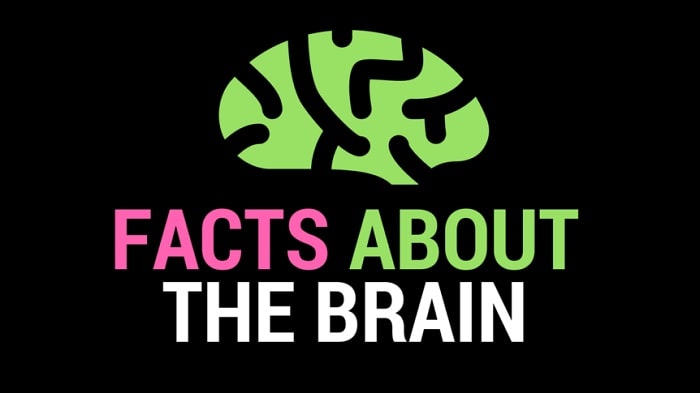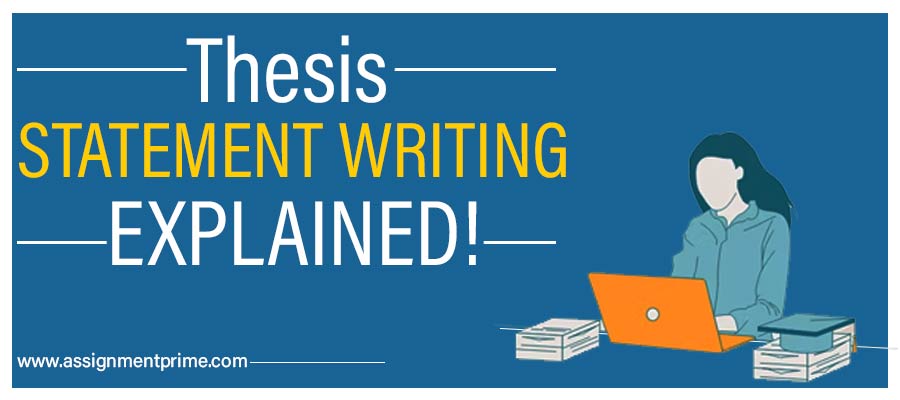Learning & Human Brain: How Our Brain Decides to Learn New Things
05 Apr 2019 3020
The human brain, a three-pound multifaceted organ, is responsible for controlling all the functions of the body, including memory, speech, thoughts, and the movement of all four limbs. The five sense organs (eyes, ears, tongue, skin, and nose) that we have send input to the brain which further sends output to the muscles. It is because of the brain that we are able to cogitate, remember, and learn new things. As a student, you must understand everything that goes into your brain when you learn something new.
You must also be aware of all the discoveries about the learning and human brain that can help you develop effective learning and build a growth mindset. This also helps tutors make implement new teaching practices so that students can get the maximum learning. With this, let’s get to know a few facts about the human brain and learning that will help students understand how their brain decides to learn new things.
It's Helpful to Read: Simple Training Exercises for your Brain
1.Learning Is More Effective When Done in a Virtual Environment
The contribution of artificial intelligence and virtual reality to education is not much, but in upcoming years, it can prove to be an indispensable tool for learning and teaching. The researchers of the University of Maryland carried out a study to find whether the virtual environment can provide a better learning experience to people as compared to the traditional one. They found that when the participants were presented with the information in the virtual environment, they recalled it better. Further finding in this study can provide exciting opportunities for VR-based teaching and learning, suggest our artificial intelligence assignment help experts.
2.Our Brain Knows Which Information to Absorb
We learn a lot many things throughout the day but not everything is stored in the brain. This is because our brain filters the information that it wants to store. It analyzes the data on different aspects that seem important, such as sound, sensation, and sight. However, this doesn’t lead us to a clear picture of learning because humans still need to figure out how to absorb valuable information and how to avoid irrelevant things. To understand how learning actually works, a few researchers did a series of experiments on mice and identified the neurons that help the brain decide which information it should absorb. Further discoveries can help in encouraging modulated learning.
3.Forgetting Enhances Information Retrieval
Have you ever been in a situation where you forgot something that you just learned a while ago? If you have been, then you need not get frustrated with yourself. Forgetting something doesn’t mean that you are experiencing cognitive decline, but a study shows that forgetting plays a positive part in learning. Well, this might make you think that it is a counter-intuitive theory, but forgetting actually enhances information retrieval, long-term retention, and your overall performance. This is because when we forget something and force ourselves to remember that information, it is imprinted on our memories strongly. Our computer science assignment help experts suggest that when you learn something new, take a short break so that your brain gets a chance to process and store new information.
4.Temperature of the Study Space Affect the Learning
You would have never thought of this, but yes, the temperature of your study space has a crucial part to play in your learning. A study conducted on 10 million high school students found that the temperature in the school has a great impact on the overall academic success of students. The researchers found that every one degree Fahrenheit increase in the classroom temperature resulted in a one percent decrease in the learning of students. Why? Because when we are physically uncomfortable, it gets difficult for us to focus on study. So, whenever you sit to study or write an assignment, make sure that space is neither too hot nor too cold.
5.Stress Can Damage Your Memory in the Long Term
It’s a well-known fact that we are not able to work to the best of our ability when we are under pressure. However, the alarming fact is that stress can impair our memory and harm our cognitive function in the long term. Since students these days have a lot of academic pressure, they experience stress every now and then. And the things that they try to learn under stress, don’t stick in their memory for long. So, it is advisable to keep the stress and anxiety at bay so that you can experience effective learning. To fight stress, you can get indulged in different stress management strategies, such as positive self-talk, effective organization techniques, and mindfulness training.
You May Also Like: 5 Psychological Tricks That Will Help You Read People's Mind
So, these were a few facts about learning and the brain. If more researchers dive deep into the study of the human brain and learning, then we can get more insights into the mechanism of the brain and how it decides to learn new things. The new findings can also simplify the learning and help researchers implement new techniques to provide the best learning experience to students.
To Make Your Work Original
Paraphrasing Tool
Check your work against paraphrasing & get a free Plagiarism report!
Check ParaphrasingPlagiarism Checker
Check your work against plagiarism & get a free Plagiarism report!
Check PlagiarismReference Generator
Get citations & references in your document in the desired style!
Generate ReferencesGrammar Checker Tool
Make your content free of errors in just a few clicks for free!
Grammar CheckerEssay Typer
Generate plagiarism-free essays as per your topic’s requirement!
Essay Typer
FREE Features
-
Topic CreationUSD 3.96 FREE
-
OutlineUSD 9.57 FREE
-
Unlimited RevisionsUSD 21.18 FREE
-
Editing/ProofreadingUSD 28.7 FREE
-
FormattingUSD 8.2 FREE
-
BibliographyUSD 7.52 FREE





![All About Short Essay Writing [Examples Included]](https://www.assignmentprime.com/images/AP_Blog_Image_How_to_Write_a_Short_Essay.jpg)





